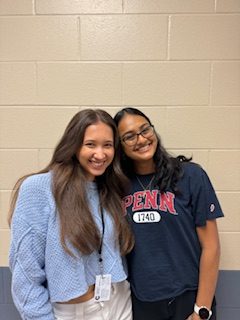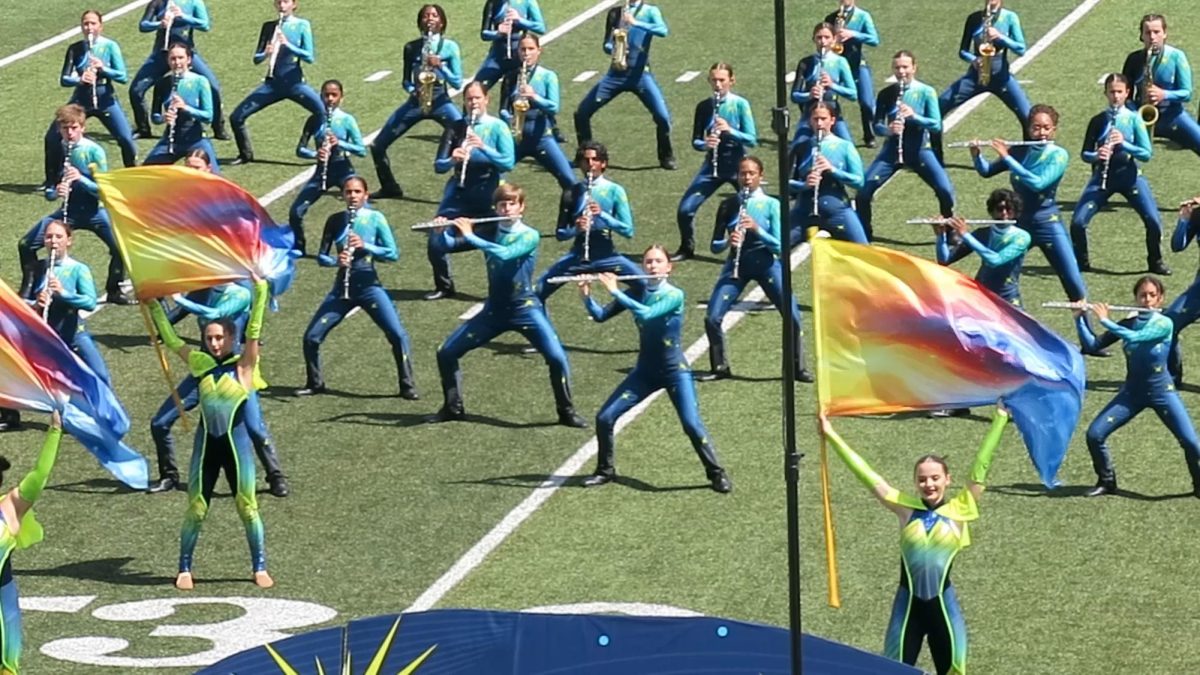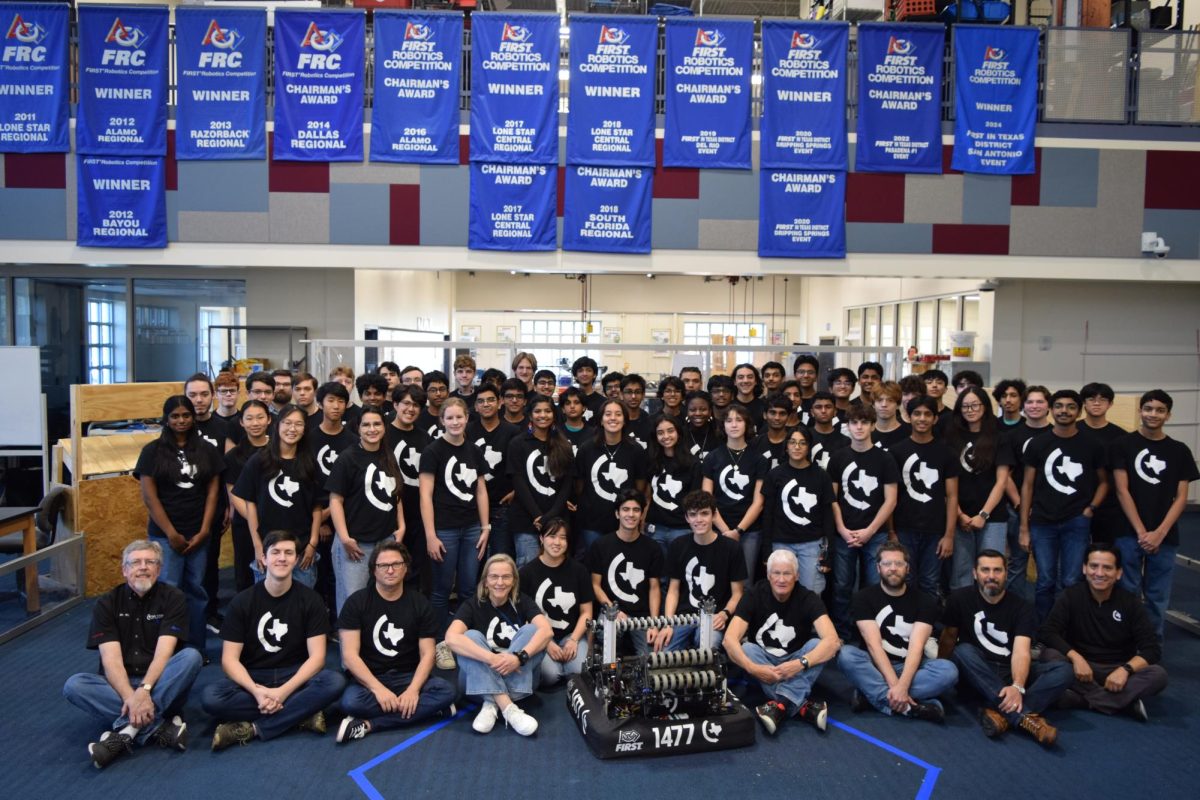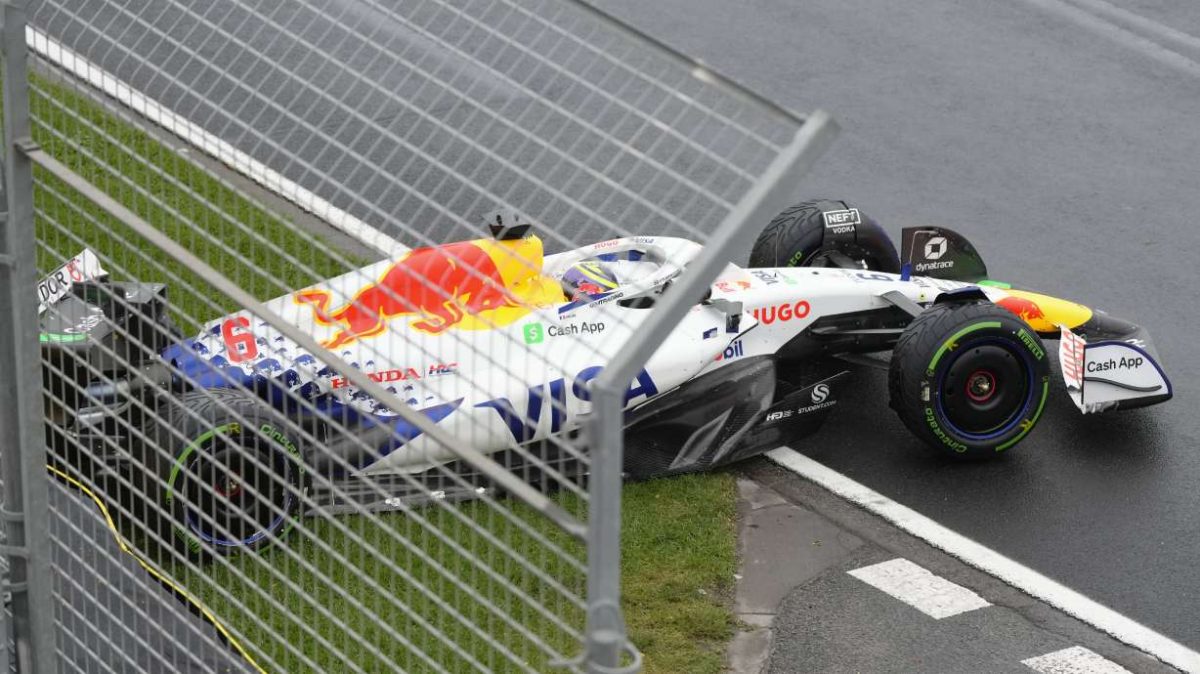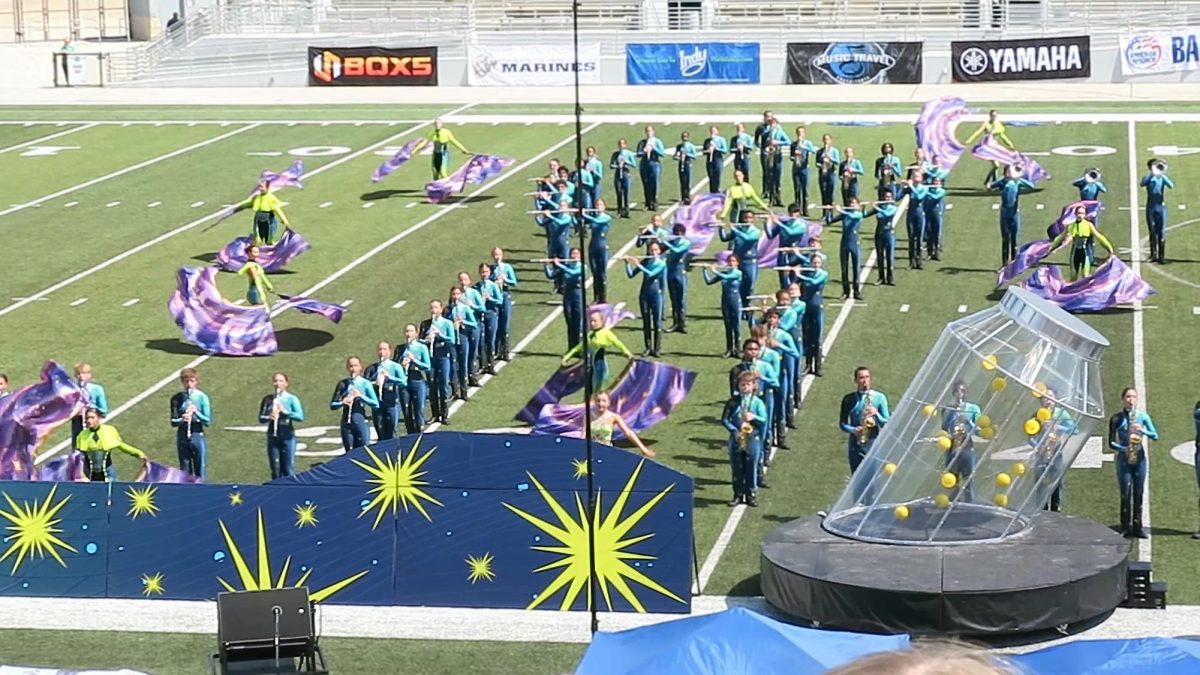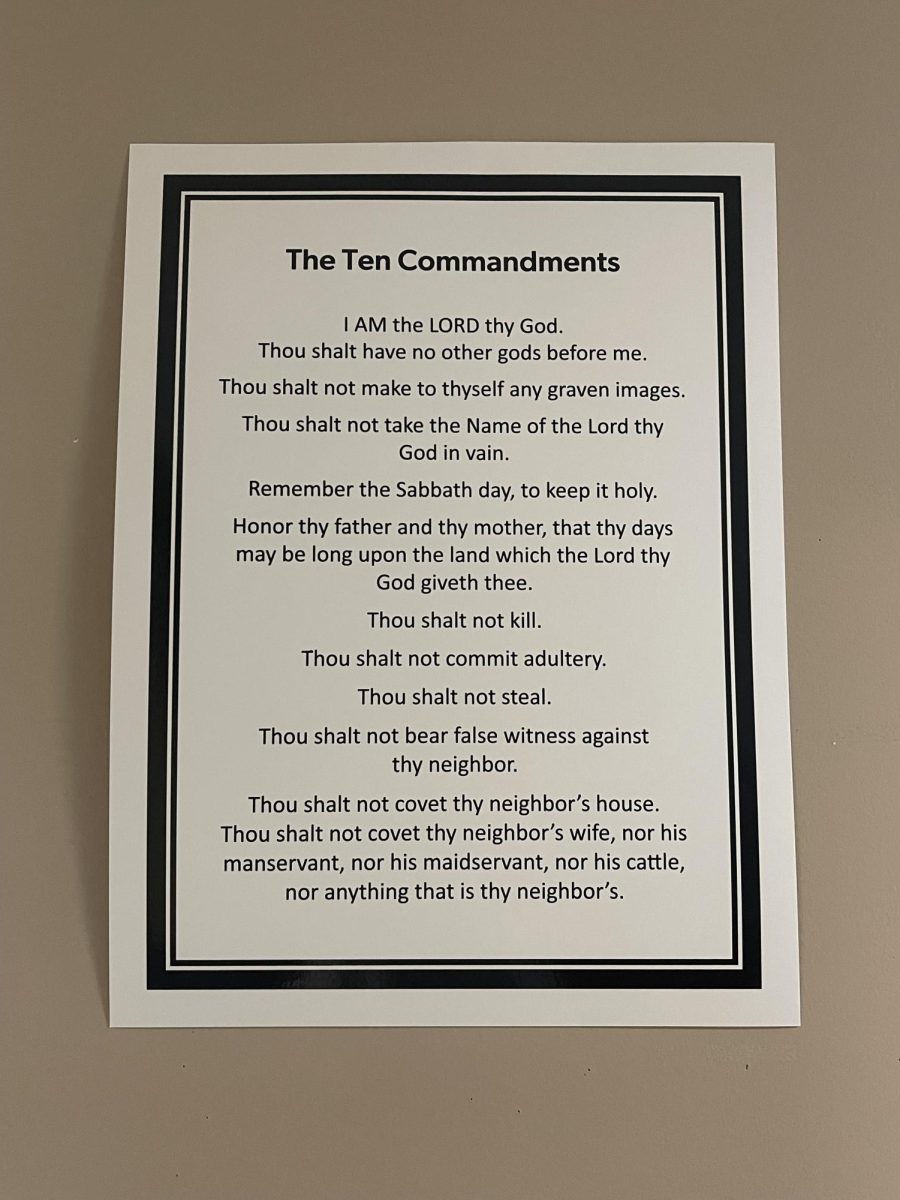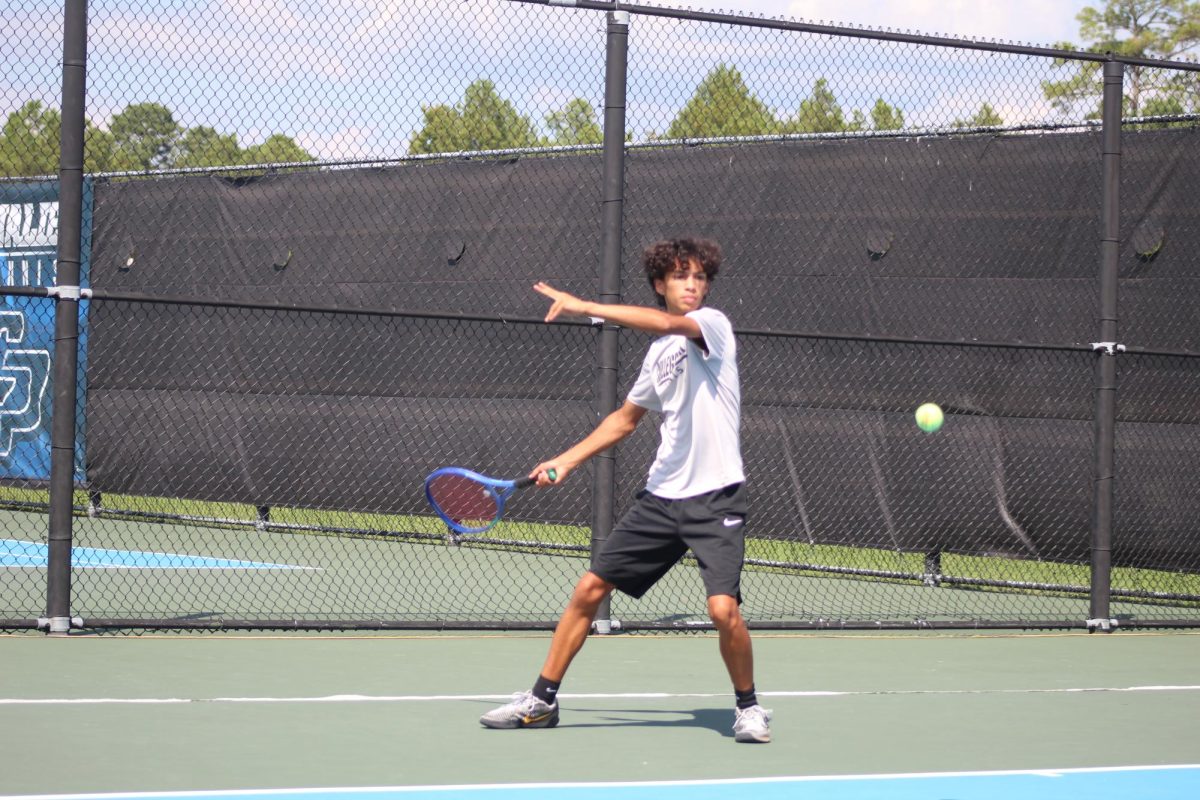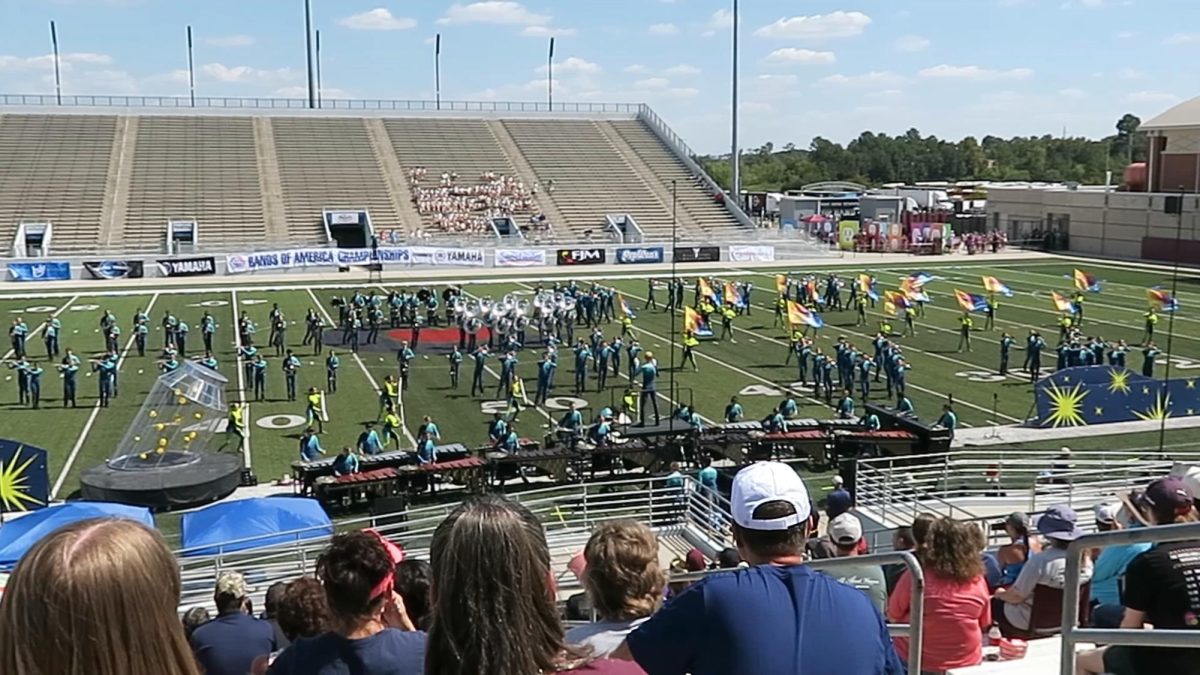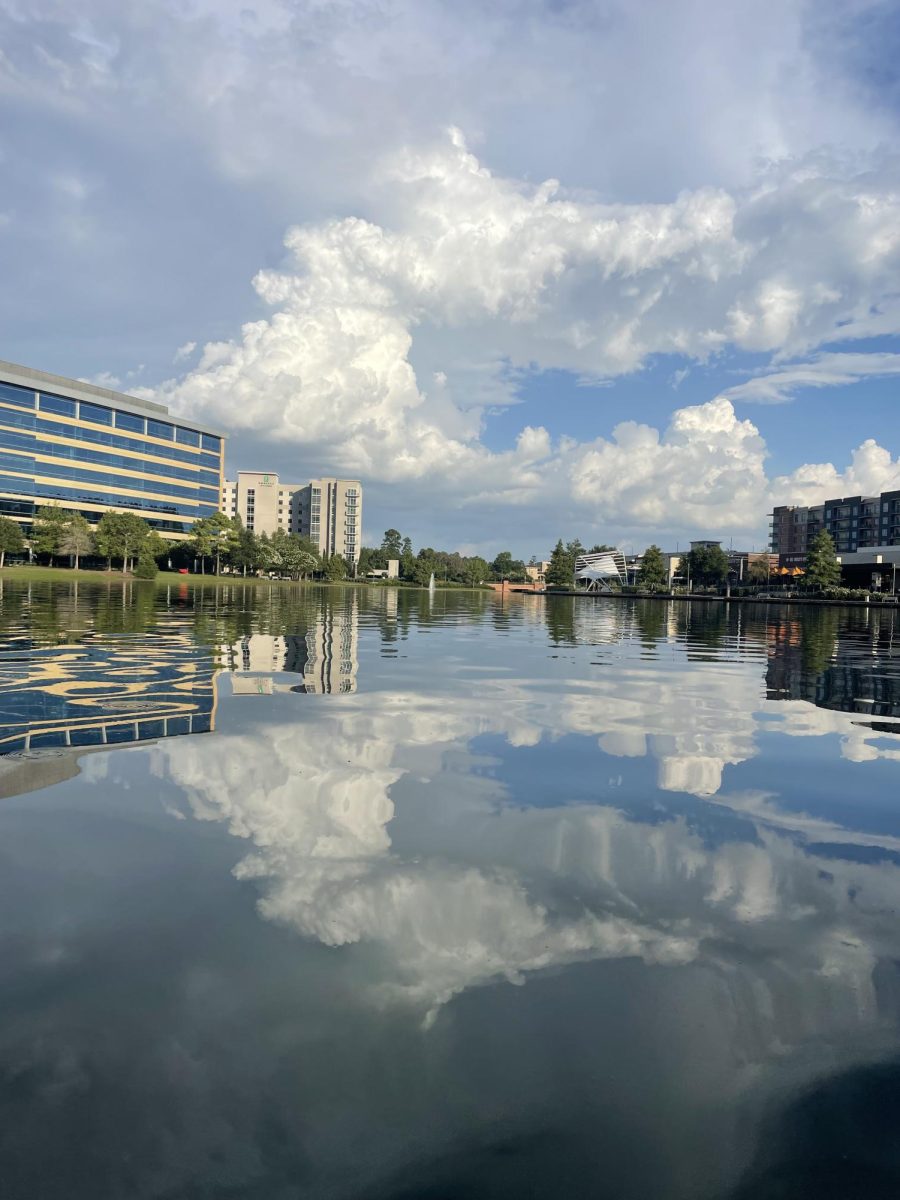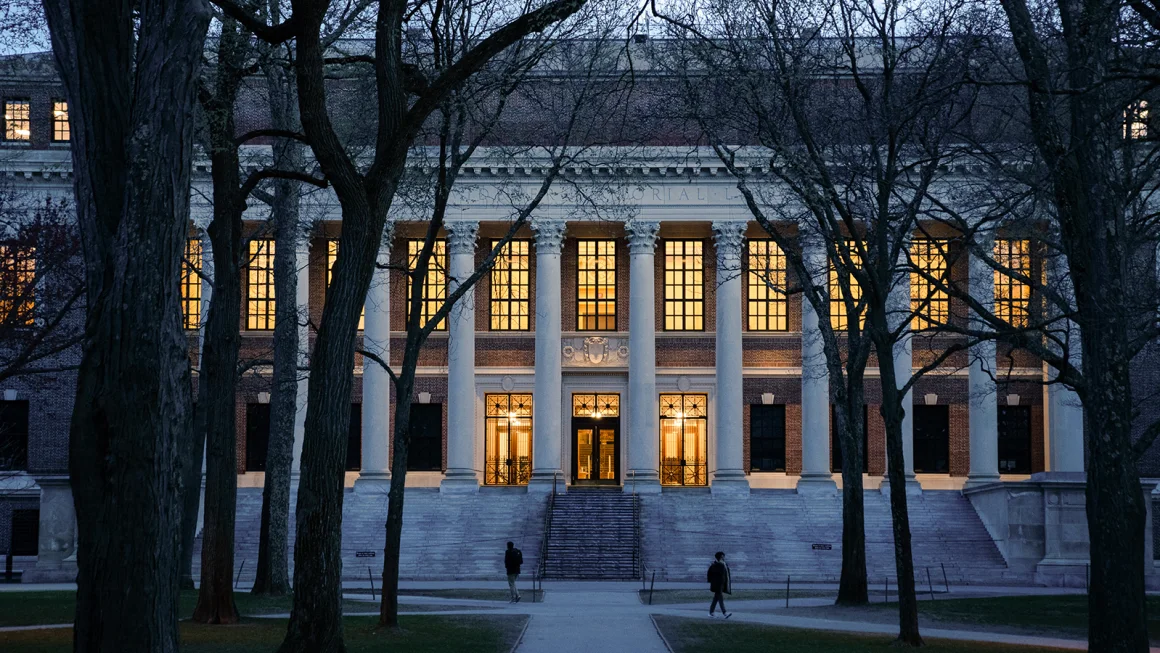Academy of Science and Technology seniors Shivani Mundra and Madelyn Puza placed first in the chemistry division of the state science fair. They engineered cellulosic fiber-based battery cells, which are a safer alternative to lithium batteries.
“We work to implement widely-available agricultural waste sources into various components of the battery cell. In year one, we focused on employing cellulosic material from banana peels. In years two and three, we shifted our focus to the upper portion of pineapple leaves, known as the “pineapple crown leaf”, which has a high cellulose content of 79-83%. We implement this material into the electrodes of our cell as a bio-based binding agent, along with a customized polymer coating to encase the cell for stability and protection. We have also worked to synthesize a novel biochemical reaction to eliminate the use of metals within the cell. We employ naturally occurring supplements (alongside graphene for enhanced conductivity) to create our own self-sufficient redox reaction. (Redox reactions are chemical reactions that produce electricity within a battery cell.)” said Mundra and Puza.
The pair was inspired by a deadly electric vehicle crash during their freshman year that sparked an uncontrollable fire caused by the vehicle’s lithium battery. They began to search for a safer, more environmentally friendly alternative to the lithium battery.
“We have both enjoyed watching our project evolve over the past three years. When we first began, we were sophomores who had barely set foot in a chemistry class and had little-to-no knowledge regarding the inner workings of a battery, let alone the electrochemistry and materials chemistry needed to produce our own. After spending years conducting research, speaking with industry professionals at science fairs and research conferences, and working to create countless prototypes to rectify each flaw that we encountered, we still wouldn’t call ourselves experts by any means. However, we have undoubtedly learned how to persevere and learn from our mistakes. We feel immense satisfaction every time we are able to apply knowledge of a concept to navigate around the difficulties we encounter,” said Mundra and Puza.
Both Mundra and Puza will be attending the University of Pennsylvania next fall, taking engineering classes and studying at the Wharton School of Business. The pair plans to continue their research in college. They are currently working toward a full patent and hope to continue to develop their customized biopolymer coating to improve longevity and applicability of their battery.
“ We have spent many weekends, summer breaks, and winter holidays working at the lab, and while we’re passionate about the work we’re doing, it’s not always easy to sacrifice our time to this extent. However, we both agree that the hard work is made infinitely more enjoyable due to our friendship. Some of our best high school memories have been a result of this project and all of the opportunities it has given us. It’s almost ironic, considering that we used to compete against each other in the chemistry division at middle school science fairs—almost “rivals” in a sense. Now, we find ourselves competing as partners in that same division, and we wouldn’t hesitate to label ourselves as best friends,” said Puza and Mundra.

